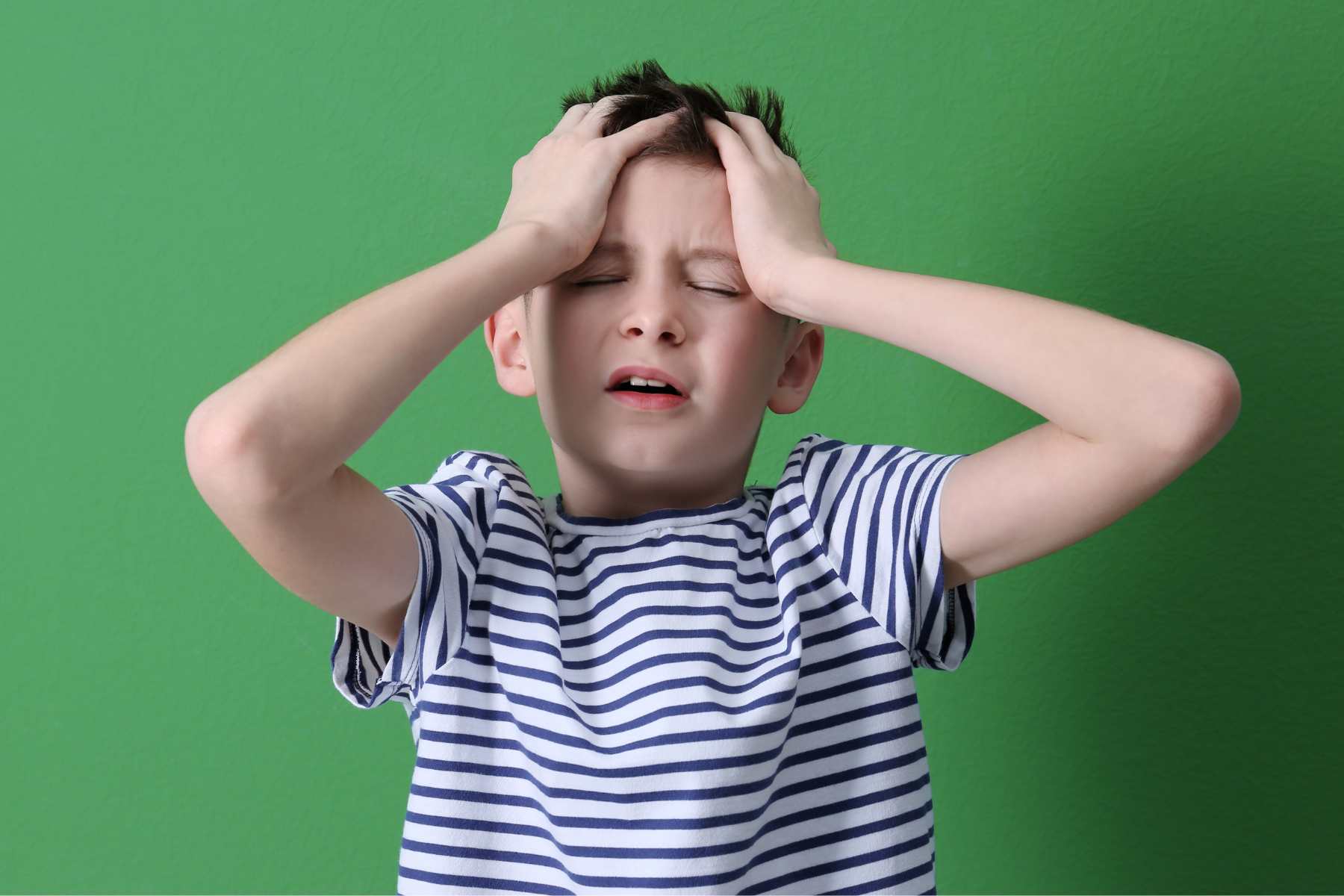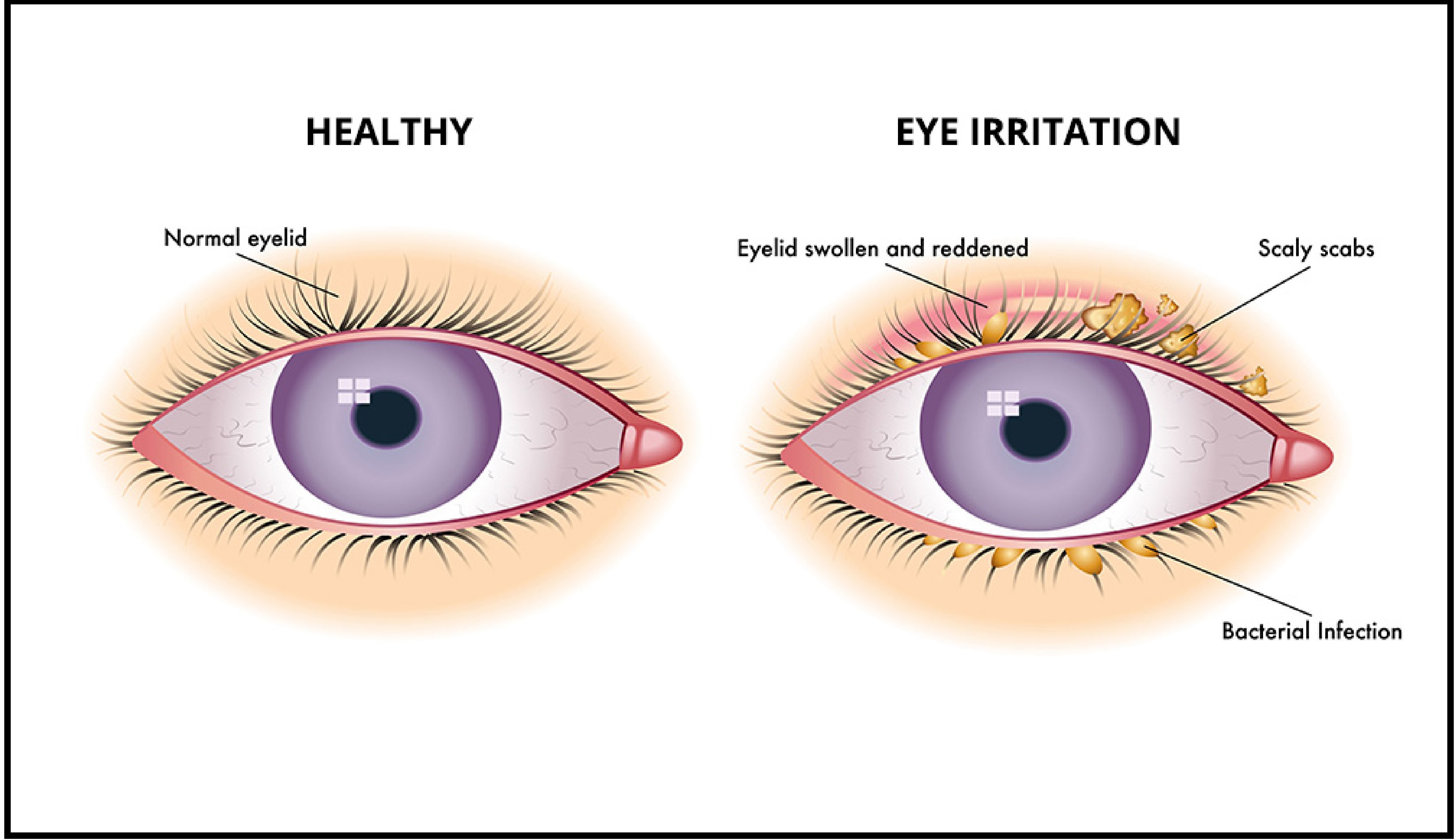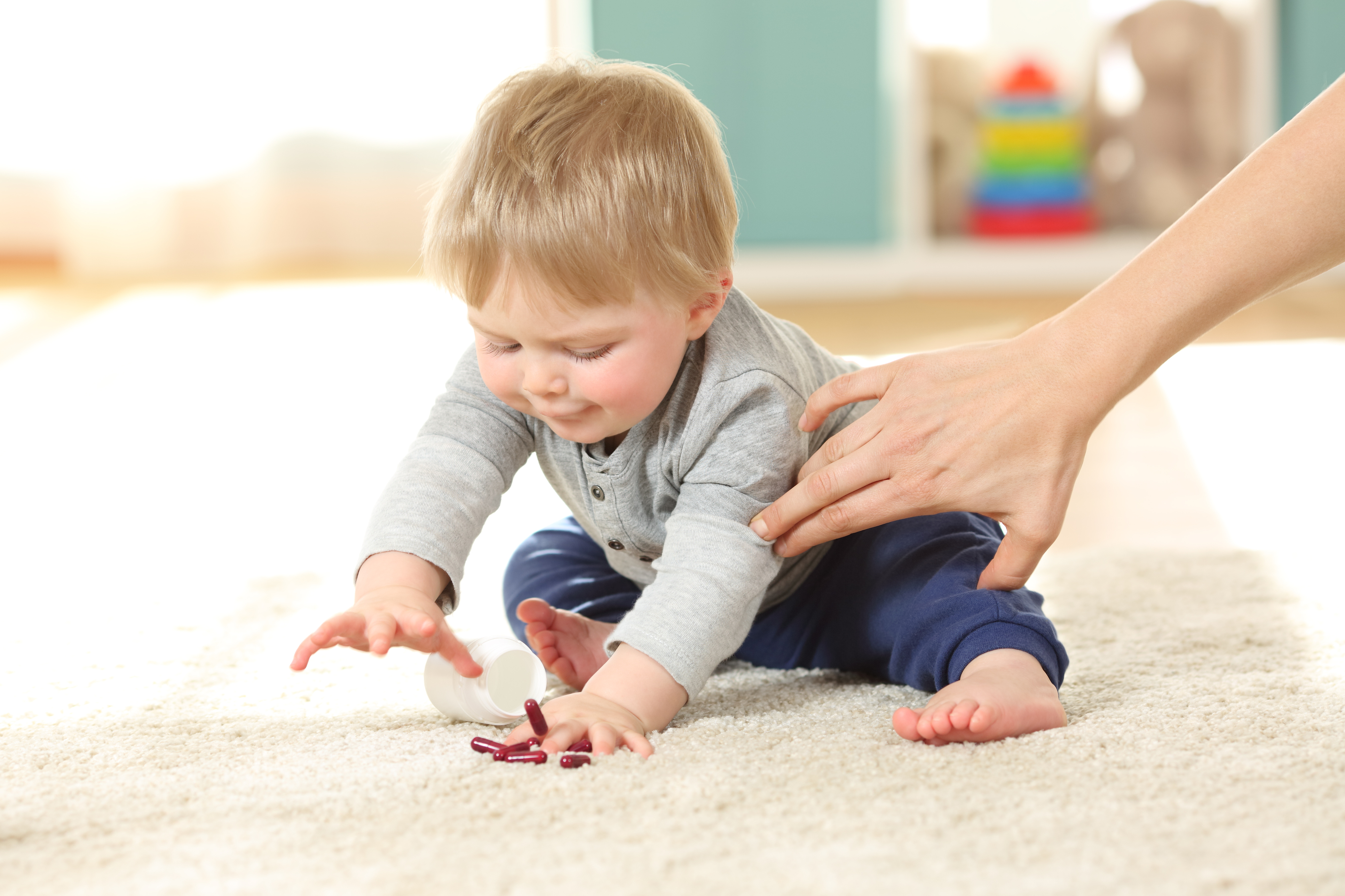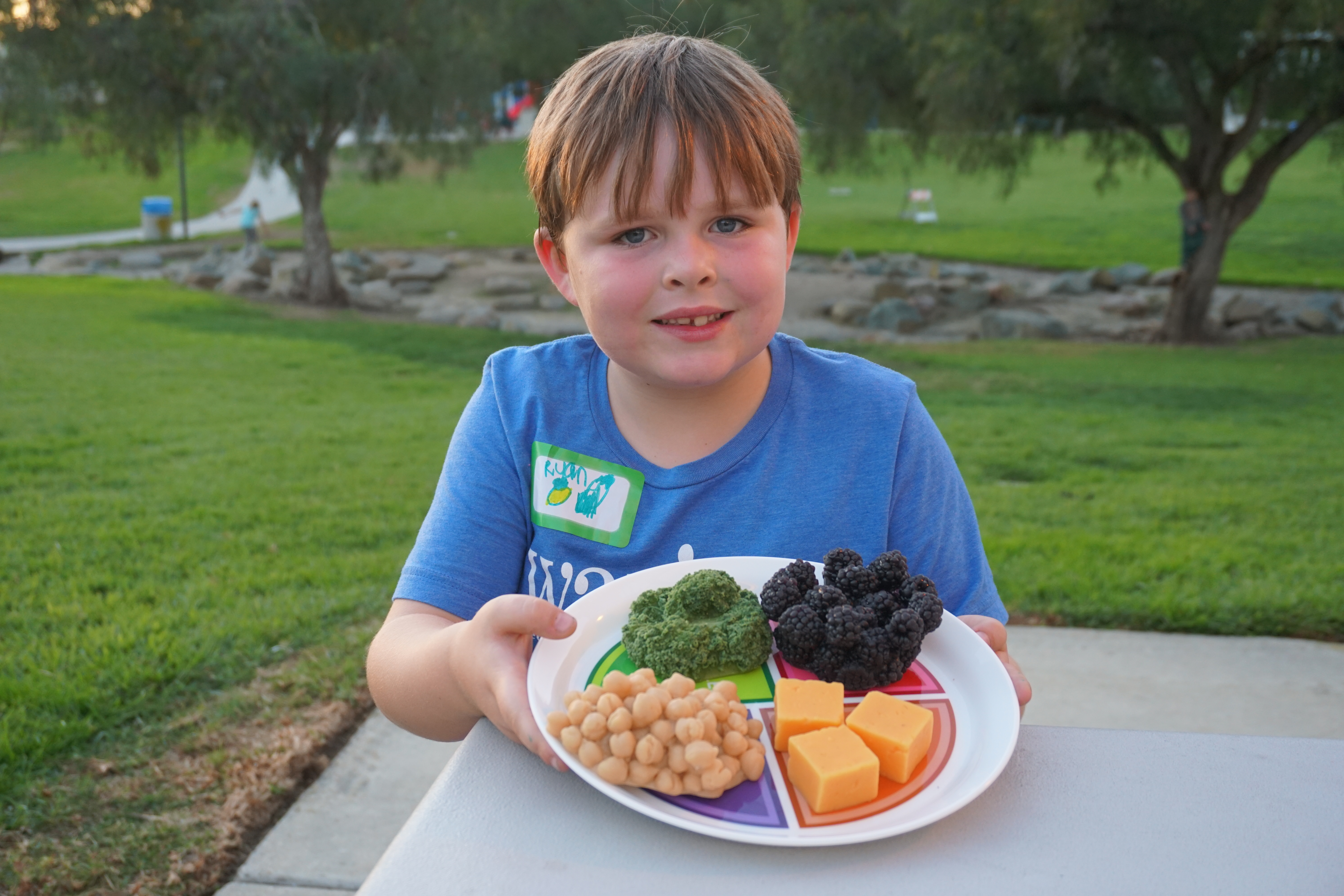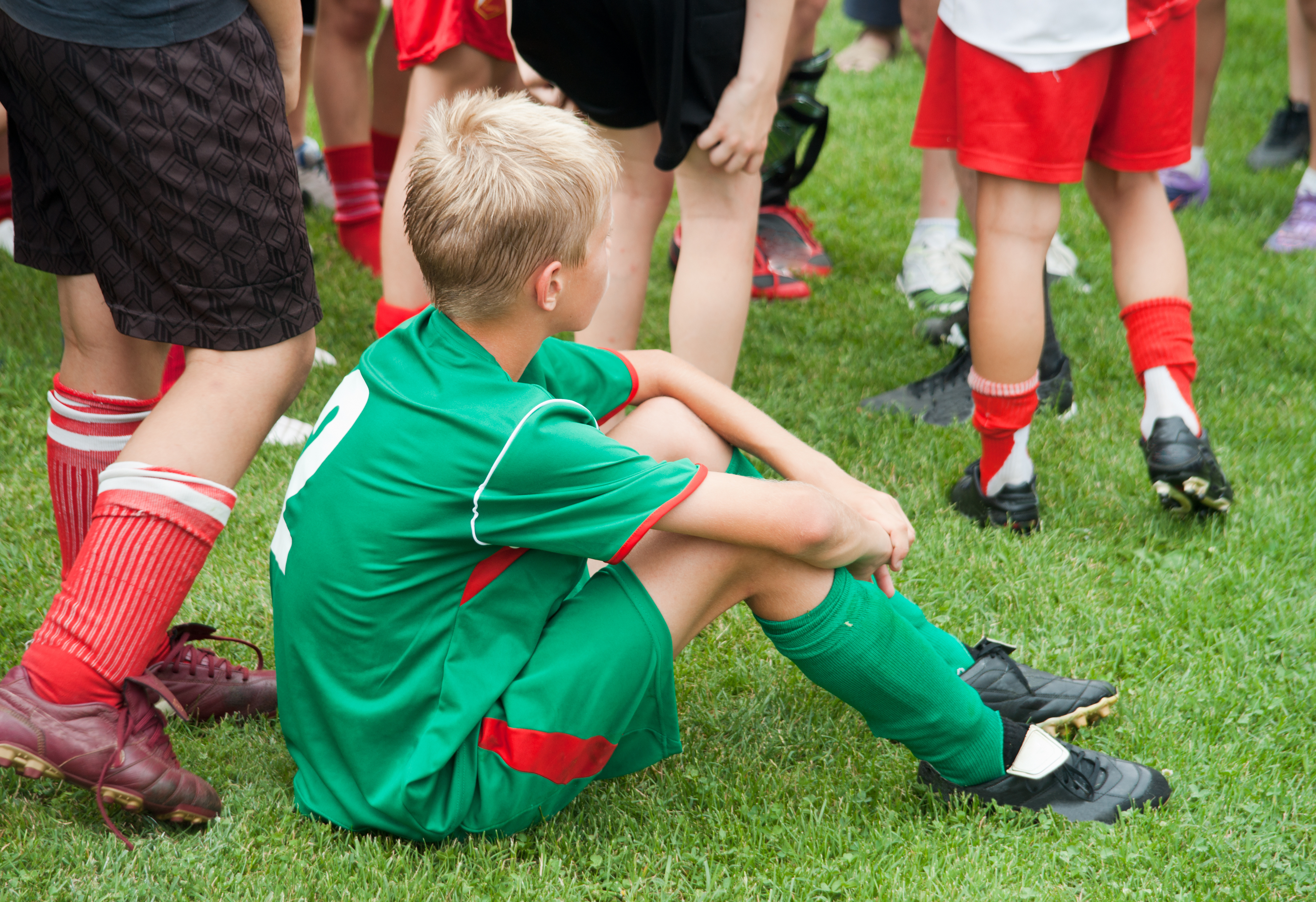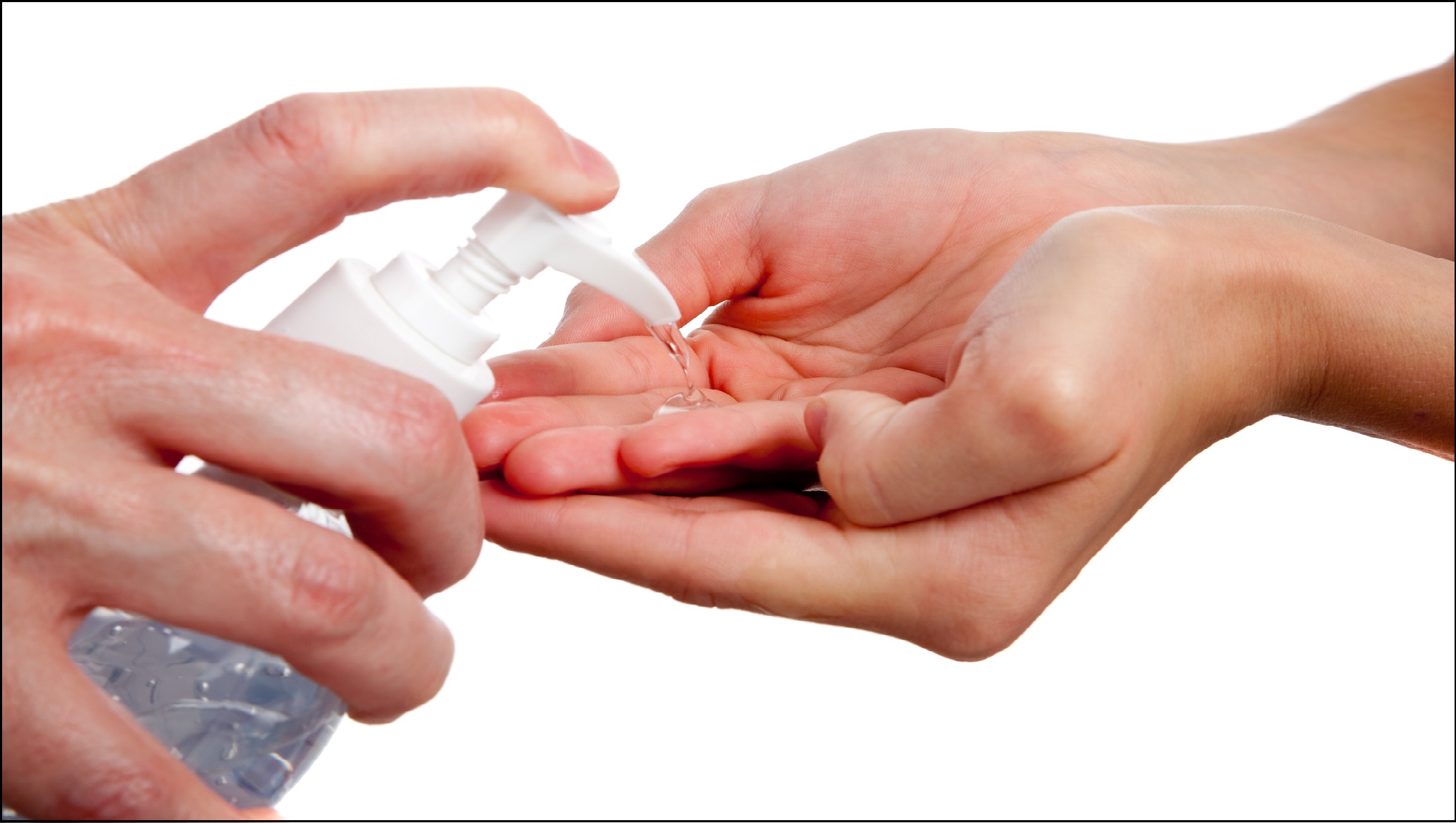SIX TIPS TO HELP KIDS DEAL WITH STRESS
In today’s busy world, it’s easy for anyone – even kids – to feel overwhelmed. For kids, maybe they are worried about homework and grades, or maybe they are being
Continue ReadingBETTER GRADES AND BETTER MOODS:
SURPRISING BENEFITS OF EXERCISE FOR KIDS
In the last few years, multiple research studies have come out emphasizing the benefits of physical activity, specifically for kids. The general consensus? Active kids are healthy kids. We commonly
Continue Reading3 TIPS TO INCREASE YOUR FAMILY’S PHYSICAL FITNESS
Does your family get enough exercise? According to the U.S. Department of Health & Human Services, only one in three children are physically active every day and less than 5%
Continue ReadingASK THE CPCMG PEDIATRICIAN:
Blepharitis
My child’s eyelashes are constantly irritated and they look crusted. Allergy medication is not helping. What else could this be? A child’s eyes can be very sensitive so if your child
Continue ReadingPROTECT YOUR FAMILY:
Prevent Prescription Drug Poisoning
Every 30 seconds a poison control center receives a call about a child being accidentally exposed to a poison – and nearly half of those poisons are over-the-counter and prescription
Continue ReadingNational Nutrition Month: Simple ways to encourage families to be healthier
Happy National Nutrition Month! We know that navigating family life and managing busy schedules while trying to be healthy can seem easier said than done. However, it is possible to
Continue ReadingMeet Dr. Mikhal Schiffer
This Arizona native, the latest addition to CPCMG, is a world traveler, speaks three languages and is a mom to an active toddler! Meet Dr. Mikhal Schiffer, pediatrician at CPCMG
Continue ReadingTeen Dating Violence:
What Parents Need to Know
Dating is an exciting milestone for many teenagers. Building relationships, learning about oneself and another, and enjoying time spent with another is part of adolescence and young adulthood for many.
Continue ReadingASK THE CPCMG PEDIATRICIAN:
Sever’s Syndrome
My son plays soccer and recently, he’s been complaining about heel pain after playing in games. What could be the problem? During soccer season, it is common for boys and
Continue ReadingSIX HEALTHY HABITS THAT HELP STOP GERMS
With a combination of the pandemic and upcoming flu season, good health habits are more important than ever before. In addition to getting vaccinated, practicing these habits can help stop
Continue Reading
